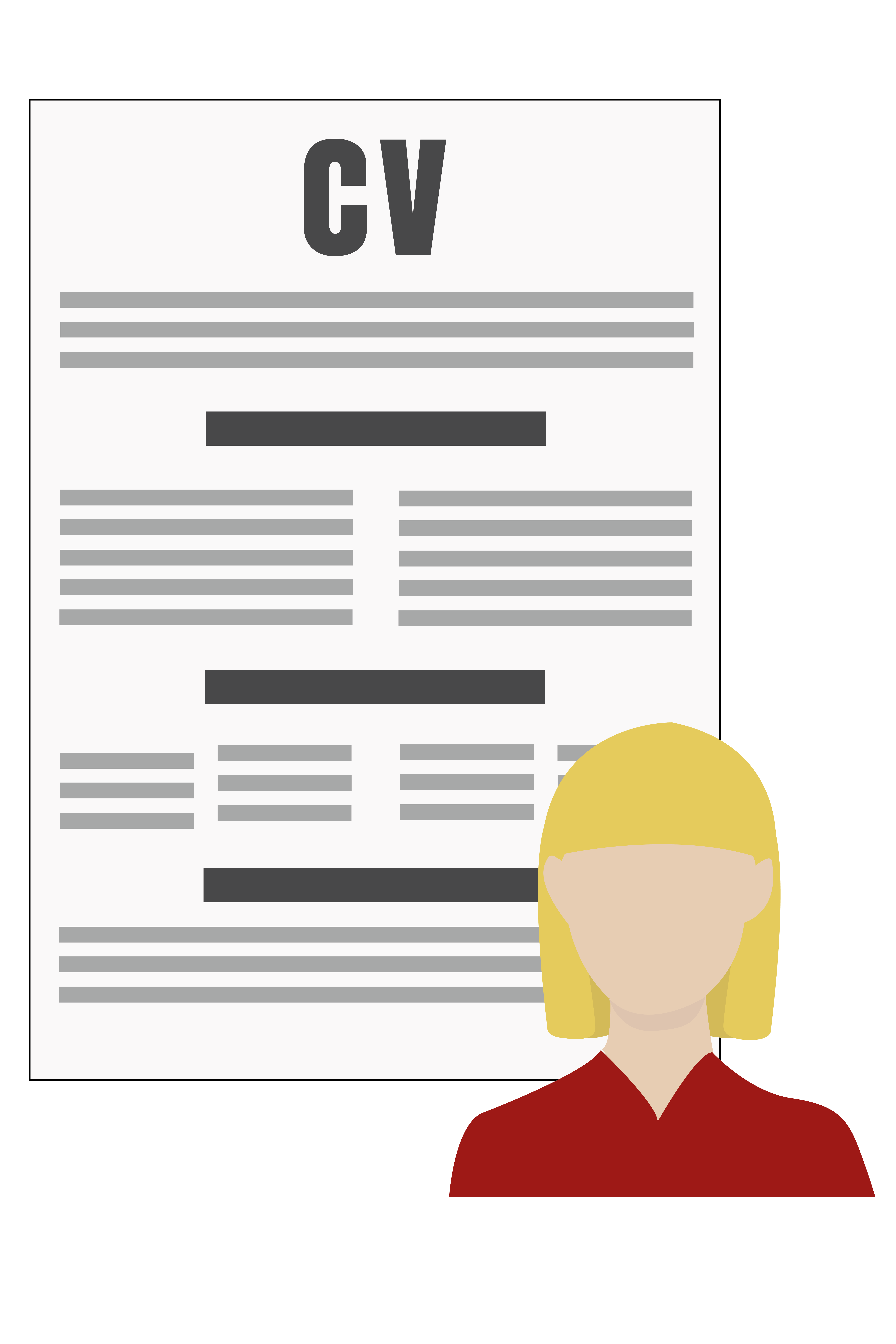Careers: Top tips for refreshing your CV

Let your passion shine through in your CV
The story of your career and suitability for a new role in just one or two pages can be the most difficult thing to write. If, like many people, you are looking for work, now is the time to refresh or rewrite your CV.
CVs should be designed for the reader, not the writer. If you dislike self-promotion, view your CV as a business case for interviewing you. A CV is a marketing document that uses the basic principles of advertising to promote you as a desirable asset.
Personal summary
The first thing a recruiter reads at the top of your CV is your personal summary. In no more than five or six lines, use it to emphasise your enthusiasm for starting a position. A compelling summary that shows what you are known for and what you would bring to the role.
Employers always want to meet people with a passion for their business. Don’t just make it a summary of your skills or attributes; use this space to underscore why your skills make you a good fit for your chosen career and, in particular, the role you’re applying for.
Ambition is good. Don’t tell them what you did – tell them what you achieved.
Tailored approach
Recruiters can spot a generic CV a mile off. If you really want the job, then make your CV specific to that role, at that organisation. It may seem time-consuming but will make a massive difference,
Use the company’s mission statement and the job advert/specification to highlight how your skills and attributes would fit with the company. Read the job description and use the language they use; this shows that you have not only fully read their brief, but can use language that resonates with them.
Time spent researching the opportunity will help you decide if it is really for you, and whether you would be a good fit. Use your research to tailor your CV for every application by spelling out how you match the opportunity. This will improve your chances of being shortlisted and also boost your interview performance.
Context and evidence
As well as your job title, recent roles on your CV should include the budgets, projects, number of staff that you managed, etc. Include up to five bullet points that name your key achievements using action verbs such as ‘delivered’, ‘increased’ or ‘improved’.
The oldest roles on your CV will only need a company name, title and start/finish dates.
Lose the jargon
Don’t use acronyms or jargon; it’s much better to write words fully than to assume that the reader will know what abbreviations mean. These acronyms may mean nothing outside your last workplace.
Professional presentation
First impressions count – especially for a CV. It needs to be flawless if it’s to make the shortlist. There’s no room for bad grammar, spelling mistakes, or sloppy formatting.
Take advantage of online templates that are freely available online and ensure your typefaces, sizes, and spacing are all consistent.
Your CV is a vital door-opener, so make sure a fresh pair of eyes look at it before you send it out. In today’s competitive job market, spelling mistakes and grammatical errors are almost inexcusable and, more importantly, they are easily fixed.
Don’t forget to print a copy in the format you have used; sometimes a printed version will vary from the on-screen version.
Consistency
Recruiters will often take time to look at any social media profiles that you may have such as LinkedIn. If you have such a profile, make sure that it is aligned with the CV you are submitting and that there is no contradiction.
Things you don’t need to include on your CV
- A photo: unless you’re applying for an acting, modelling or another job that requires a headshot. Omit any other information about your physical appearance or attributes.
- Omit mentions of ethnicity, race, nationality, culture or citizenship status (unless asked). There’s no need to list your languages, unless you feel this will help you get the job.
- No need to mention on your CV that you’re married, plan to be, or used to be; whether you currently have children, or plan to have them at some point; or if you are lesbian, gay, bisexual, or transgendered.
Don’t forget to include a cover letter with your CV too.
Useful links
Reed: What recruiters are really looking for